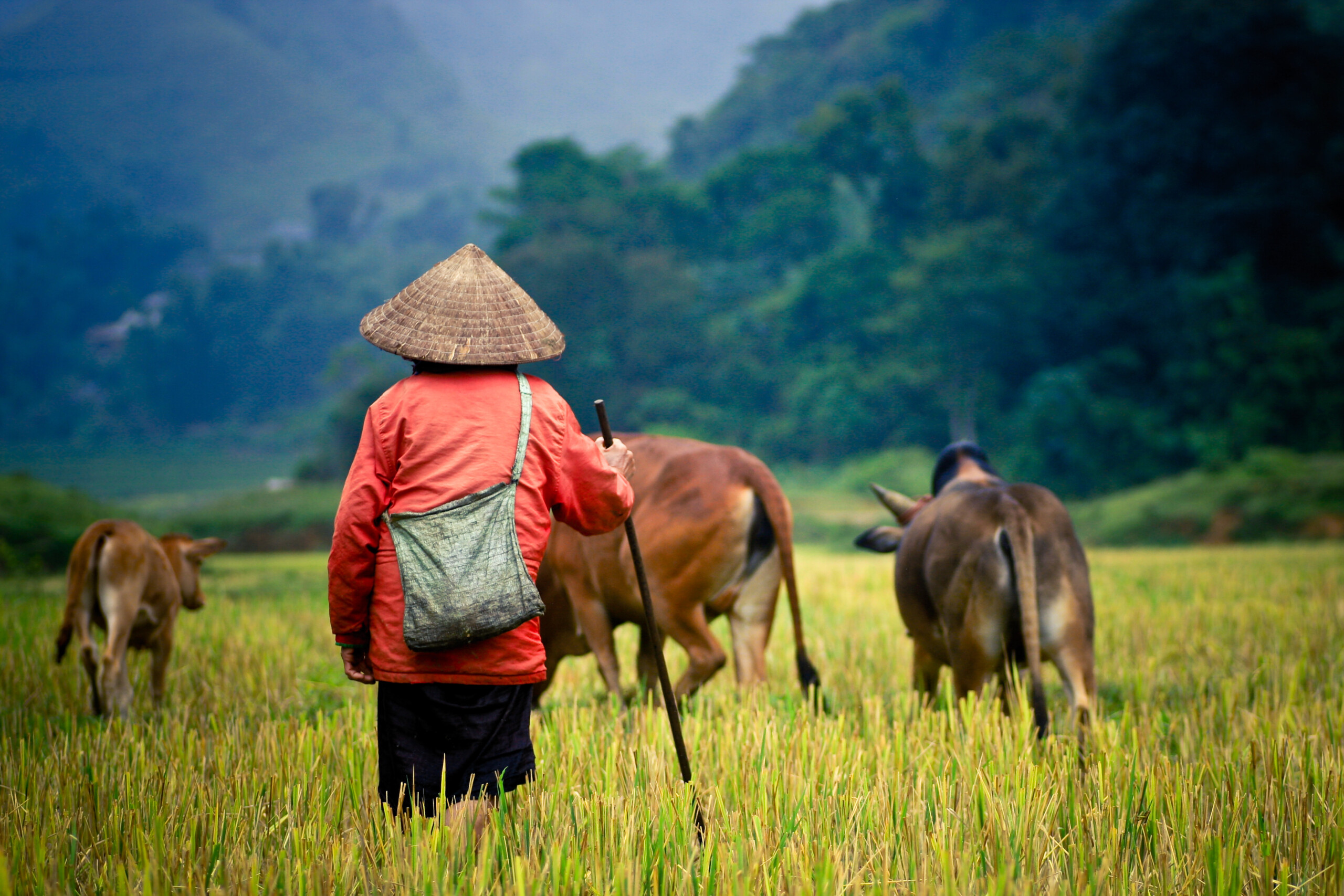
As a follow-up of the recommendations from the Asia Pacific Quadripartite One Health Workshop held in September 2023 in Bangkok, the World Organisation for Animal Health (WOAH) Regional Representation for Asia and the Pacific (RRAP) together with its Quadripartite partners (FAO-WHO-UNEP) and the Pacific Community (SPC) organised the Quadripartite One Health (OH) Workshop for the Pacific Island Countries (PICs) on 6-8 August in Nadi, Fiji. The workshop was held back-to-back with the One Health and Security meeting led by the Asian Development Bank (ADB), Pacific Security College & The Pacific Community (SPC) on 5-6 August and the SPC-led meeting on Climate Change & Health on 9th August at the same venue. This series of workshops was held with the following objectives:
The One Health and Security Meeting led by ADB included participants representing human, animal, environmental and health security agencies—such as police and immigration—to improve awareness of common health and security problems in the Pacific, and the potential benefits of joint actions using the OH approach. The SPC-led workshop on climate change and health focused mostly on the impact of climate change on human health.
The Quadripartite One Health meeting was a response to the strong request from SPC to deliver a regional OH meeting in the Pacific following the Asia Pacific Quadripartite One Health Workshop in 2023 wherein PICs (except Papua New Guinea (PNG)) could not be invited. A total of 51 participants including 27 representatives from 12 countries (Fiji, PNG, Solomon Islands, Vanuatu, Tonga, Samoa, Cook Islands, Marshall Islands, Palau, Kiribati, Nauru, and New Zealand) and development partners attended the event. The workshop provided a great opportunity for networking amongst the country participants, OH partners and the QPT.
Participants were oriented to the global and regional Quadripartite OH activities, QPT OH JPA’s six Action Tracks, and Implementation Guide. The countries completed a stock-taking exercise identifying existing in-country initiatives involving multi-sector coordination/contributions and aligned these to each of the OH JPA’s Action Tracks. The countries identified key activities on OH that can be implemented, making the best use of available resources at the country level.
making the best use of available resources at the country level.
Some of the key points noted included :


